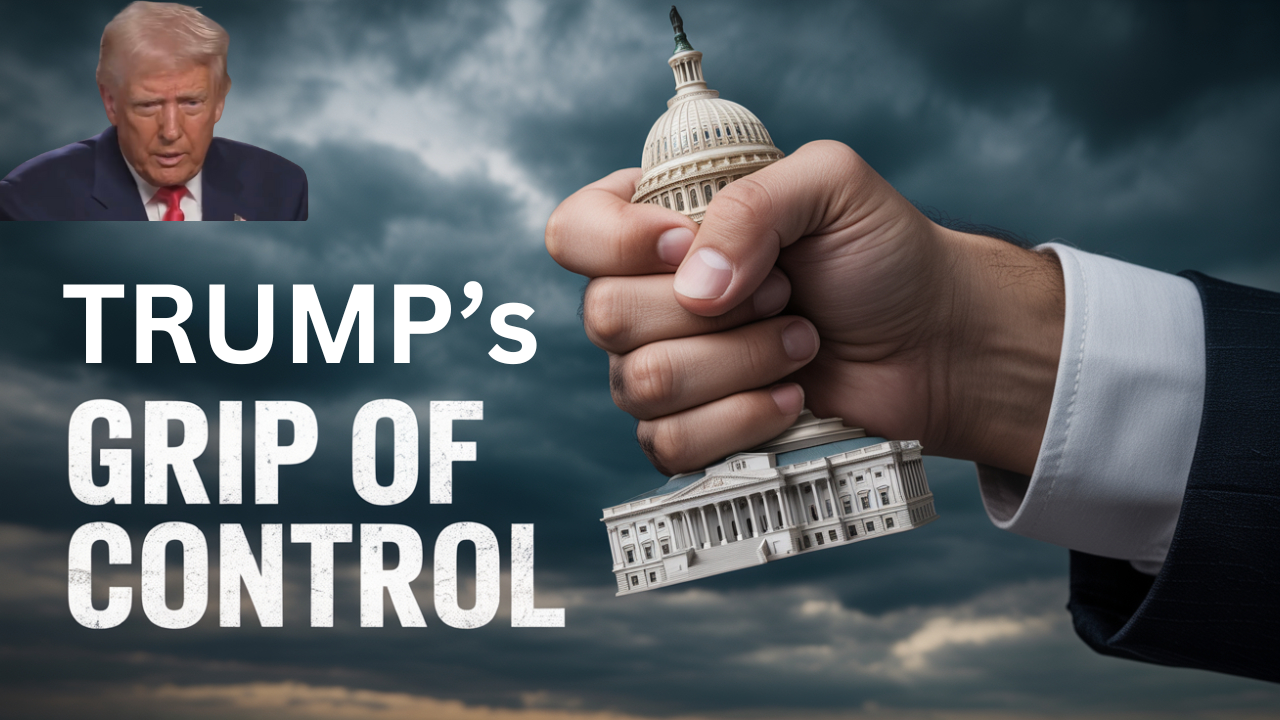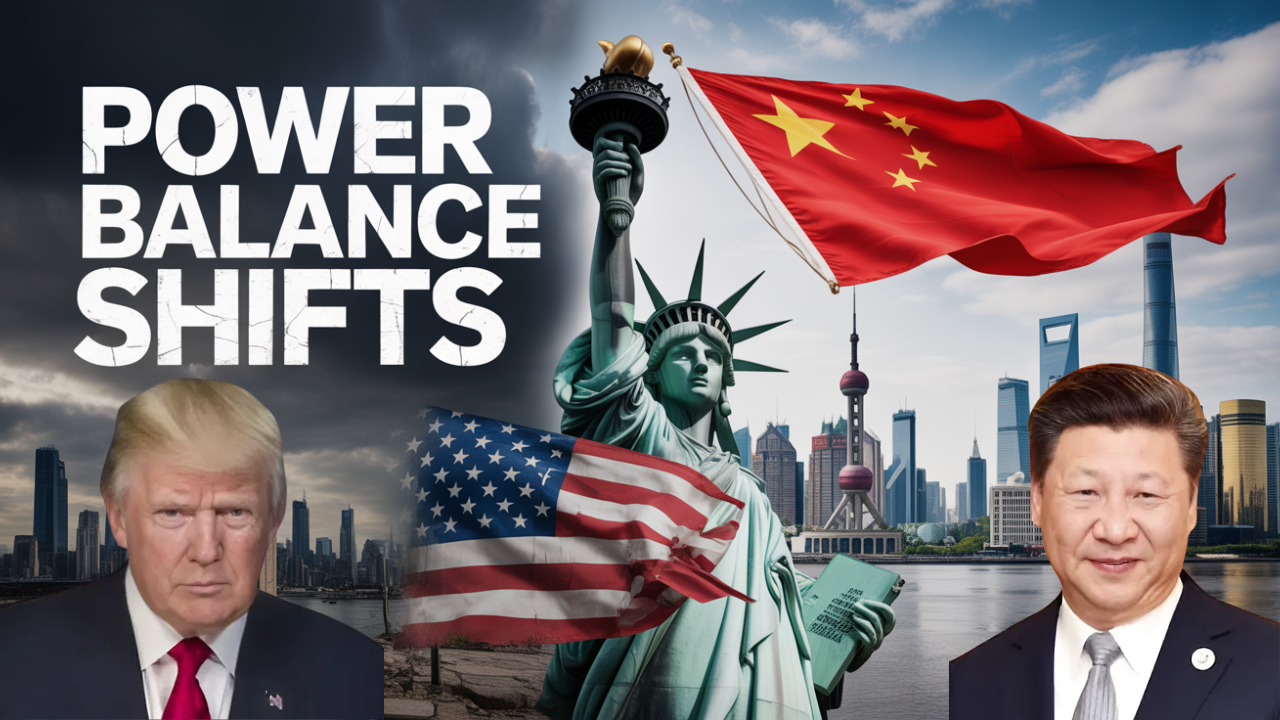A World That No Longer Bows to Washington
I remember a time in the 1990s when “America” wasn’t just a country — it was the system. Whether you were in Kingston, Nairobi, or Santiago, you knew the U.S. dollar set the rules, American culture dominated the airwaves, and Washington’s approval could make or break governments.
Fast forward to 2025, and the picture looks very different. China now rivals — and in some areas surpasses — America’s influence. The U.S. itself seems weighed down by its own history: moments when it preached democracy while propping up dictators, when it claimed moral leadership but destabilized entire nations. Add to that the scars of Trump-era isolationism, and America suddenly feels less like a conductor of the global orchestra and more like just another loud instrument.
China’s Momentum Is Impossible to Ignore
By almost any metric, China is a rising power. The IMF now puts Beijing’s share of global GDP at nearly 20%, compared to America’s 15%. Numbers like that matter — not just for economists, but for how leaders across Africa, Asia, and Latin America decide who to trade with, borrow from, and emulate.
China has bet big on clean-tech exports: $177 billion in solar panels, EVs, and batteries left its ports in 2024. If you’re a finance minister in Accra or São Paulo, those products don’t just look cheaper — they look like the future.
And then there’s money itself. China’s CIPS payment system and the mBridge digital currency experiment are offering ways around U.S.-dominated financial rails. It’s not that the dollar is dying — but for the first time, countries are seeing credible alternatives.
Most importantly, Beijing doesn’t lecture. When it builds a road in Ethiopia or funds a port in Jamaica, it doesn’t attach a sermon about democracy. That appeals to leaders who are tired of Washington’s conditions.
America’s Missteps: Old Wounds, New Doubts
Here’s the uncomfortable truth: America’s fading power isn’t just about China rising. It’s about Washington’s own record — one riddled with favoritism, broken promises, and outright meddling.
Africa’s Bitter Memories:
- Congo (1960s): Patrice Lumumba’s assassination, aided by Western intelligence, left a scar that never healed.
- Angola (1970s–80s): U.S. support for Jonas Savimbi prolonged one of Africa’s most devastating wars.
- Rwanda (1994): When 800,000 people were slaughtered, Washington refused to even call it genocide.
- Libya (2011): Obama himself later admitted the NATO-led ouster of Gaddafi created a “mess.”
The Middle East & Latin America:
- Iran (1953): The CIA’s overthrow of Prime Minister Mossadegh for daring to nationalize oil is still cited by Iranian leaders as the root of mistrust.
- Chile (1973): Washington’s fingerprints were all over the coup that removed Salvador Allende and ushered in Pinochet’s dictatorship.
- Israel–Palestine: For decades, the U.S. has provided Israel with billions in military aid and used its veto power at the UN to shield it from accountability, even as settlement expansion and Palestinian civilian casualties mount. This unwavering support has fueled global accusations of U.S. hypocrisy.
- Jamaica (1970s): Michael Manley’s democratic socialism and ties with Cuba reportedly drew U.S. covert efforts to destabilize his government.
Trump’s America First Legacy
The Trump years turned a simmering doubt into open skepticism.
- The 2017 exit from the Trans-Pacific Partnership sent a loud message: America no longer wanted to write the rules of global trade.
- Tariffs on steel and aluminum alienated allies as much as adversaries.
- Aid freezes reinforced the idea that U.S. commitments were transactional, not principled.
“America First” sounded good at home. Abroad, it sounded like: You’re on your own.
The Power That Still Remains
It would be foolish to call this the end of American power. The U.S. military remains unrivaled; NATO accounts for over half of global defense spending. American universities, technology, and cultural exports still dominate. Unlike China, America’s demographics are not collapsing, thanks to immigration.
But what’s fading is not raw power — it’s the perception of reliability. Allies now hedge their bets, cutting deals with Beijing while keeping one foot in Washington. Nations in the Global South no longer see the U.S. as the default partner.
The Multipolar Future
Even China has problems — a property crisis, local government debt, and a fertility rate so low it threatens its workforce. So this isn’t a simple swap of American dominance for Chinese dominance.
Instead, we’re entering a multipolar world — where power is contested, alliances are fluid, and no single country can dictate terms. As Henry Kissinger once warned, multipolarity requires “constant diplomacy” rather than brute dominance.
The Real Question
America’s global power is not collapsing, but it is fading relative to others. From Africa to Latin America to the Caribbean, the memories of interventions linger. From Asia to Europe, allies now ask whether Washington will still be there tomorrow.
The real question is this: Will America adapt to a world where it must persuade, not dictate? Where it must build trust, not demand loyalty?
Because if it doesn’t, America may discover that while it is still powerful, the world has quietly moved on.







